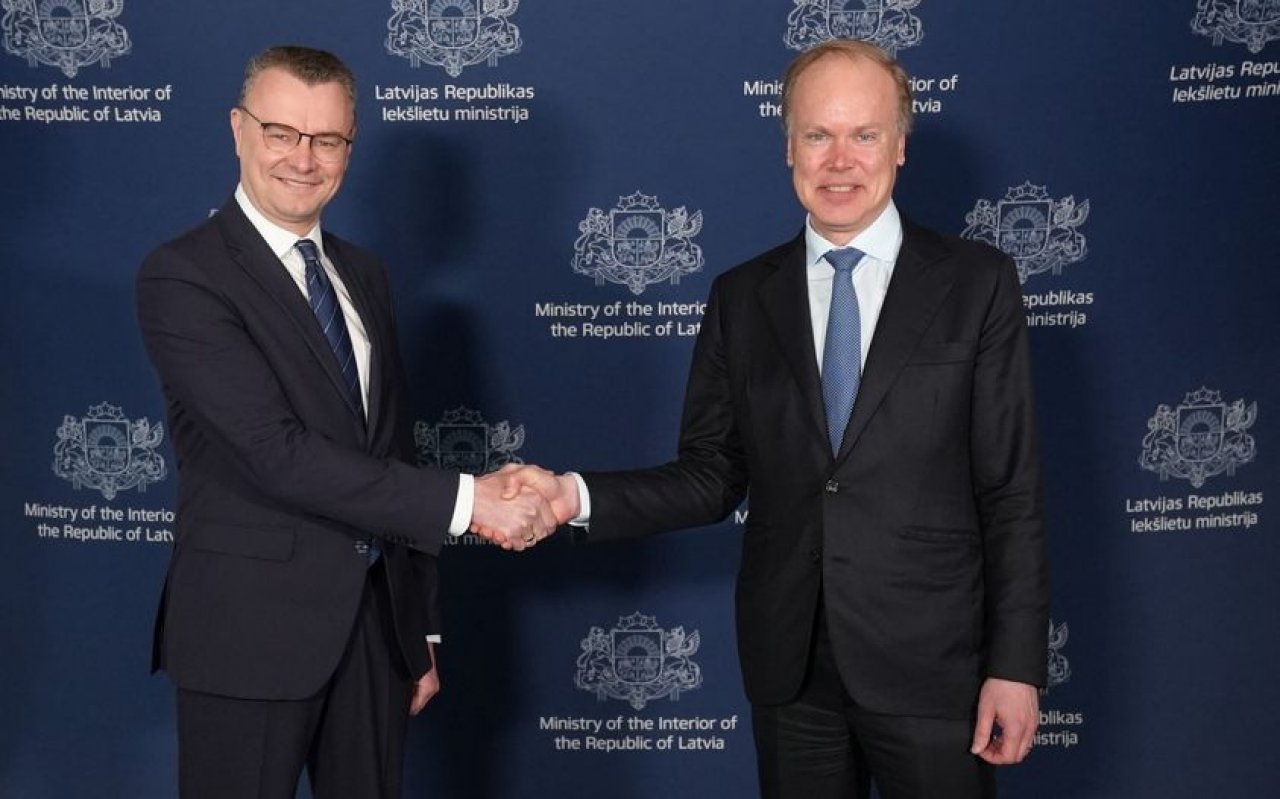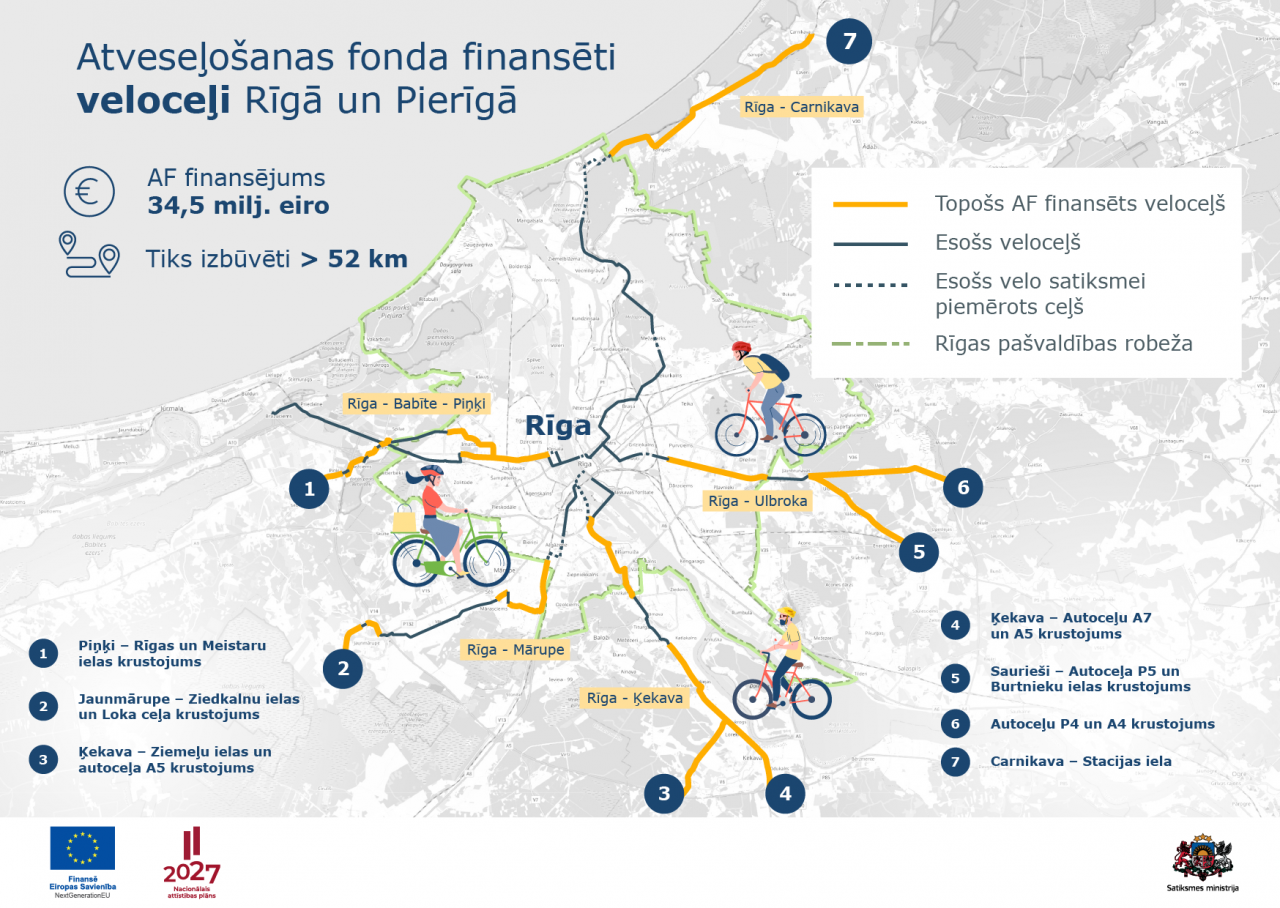On Thursday, May 16, Minister of Finance Jānis Reirs met with Günther Oettinger, the European Commissioner for Budget and Human Resources, to defend the position of Latvia on the amount and terms of the European Structural and Cohesion Fund (EU Funds) funding for the 2021-2027 planning period.
During the meeting with Commissioner Oettinger, the Minister stated that “Latvia faces significant demographic challenges and these should be taken into account when deciding on the next EU multi-annual budget. I am ready to work with all the institutions involved to reach an agreement on the EU multi-annual budget that is fair and also takes into account new challenges such as depopulation." The Minister agreed on a repeated meeting ahead of the European Council in June to continue work on the EU multi-annual budget.
The European Commission (EC) has published a report on proposals for the amount and terms of EU funding, as well as its vision of where Latvia needs to invest in the 2021-2027 planning period (find more information here). After 2020, Latvia will receive EU funding of 4.2 billion euros, a decrease of about 13% compared to the current planning period.
At the same time, it is planned to reduce EU co-financing rates to a maximum of 70% in the Cohesion policy plans. Latvia, in turn, urges the EC not to reduce the total EU funding for Latvia and to maintain co-financing rates in the amount of the 2014-2020 planning period (for more information on Latvia 's position, see here).
Further innovations are planned in the EC proposal for the next planning period of EU funds. One is the introduction of conditions for a minimum percentage of funding to be allocated to specific policy objectives in order to maximize the necessary changes at EU level. There are five policy objectives for EU fund investments after 2020: 1) a smarter Europe, 2) a greener Europe, 3) a more connected Europe 4) a more social Europe 5) a Europe closer to the citizens.
The EC intends to determine the thematic concentration of funding, namely that smart Europe and green Europe should receive respectively 35% and 30% of the European Regional Development Fund financing. At the same time, Member states with the remaining 35% of financing must deliver on the other thematic objectives - a united Europe, a Europe closer to the citizens and especially a social Europe, where the EC has identified several challenges for Latvia, e.g. in areas of social inclusion and health care.
Given the challenges in other areas and the financial support required to address them, Latvia is seriously concerned that the funding available for thematic objectives 3 to 5 may not be sufficient to achieve the expected results. Flexibility regarding the redistribution of funding between areas and objectives at national level is a necessity for the most efficient investments in order to achieve the highest possible results.
Currently, the EC expects a road map from Latvia by June 2019, which would outline key milestones for the development of Latvia's EU funds planning documents and the binding regulatory framework for the 2021-2027 planning period. The Ministry of Finance has already begun work on preparation of the timetable for planning documents, which is planned to be coordinated at the governmental level with a view to ensuring a smooth transition between planning periods.
The distribution of EU funds in 2021-2027 will result not only from the results of the negotiations between Latvia and the EC, but also from the state (National development plan) and industry planning documents. Their development process has already started in parallel with the ambitious Europe-wide target to approve all partnership agreements and programs by the end of 2020.

